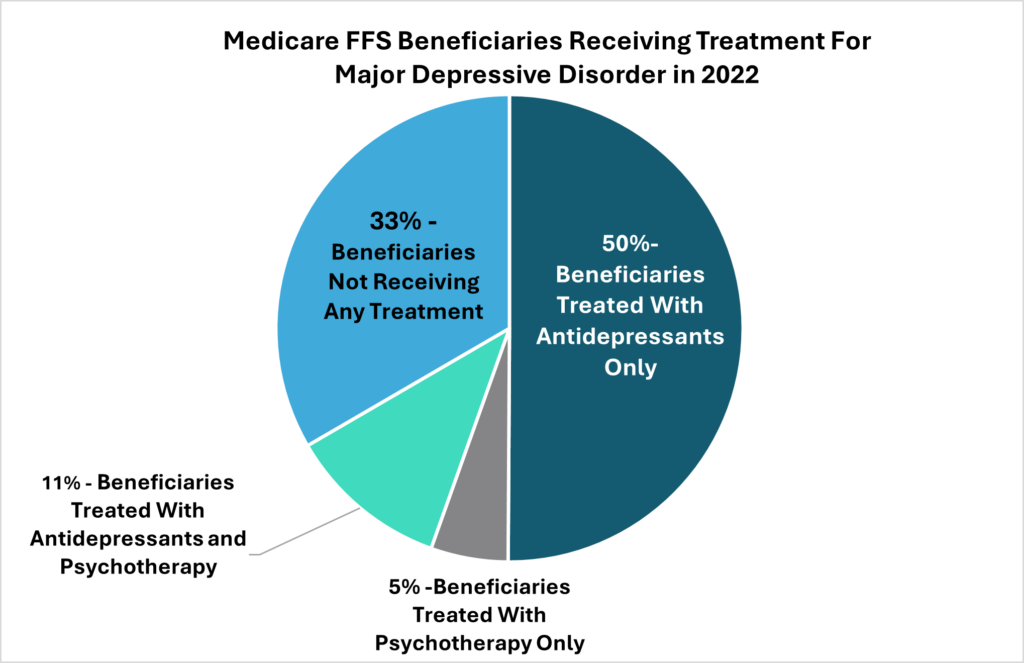medications for major depressive disorder
Medications for major depressive disorder (MDD) are crucial for managing this common mental health condition. A variety of treatment options exist, reflecting the diverse approaches to dealing with the complexities of depression.
One of the primary treatment modalities for MDD includes selective serotonin reuptake inhibitors (SSRIs) and serotonin-norepinephrine reuptake inhibitors (SNRIs). These are often the first line of treatment but they may not be effective for all patients. In fact, it's noted that up to half of individuals with severe depression do not find relief from these conventional antidepressants (Mayo Clinic Press).
Recent developments have introduced new classes of medications, such as esketamine, which differs from traditional antidepressants. Esketamine, approved by the FDA, offers hope for those who don’t respond to typical SSRIs or SNRIs. Furthermore, research into rapid-acting treatments derived from ketamine has shown promise in providing safe and effective relief for depression symptoms (NIMH).
For a comprehensive overview of various treatment options available for major depressive disorder, including newer medications, you can refer to a detailed guide available through GoodRx. This guide outlines different types of medications and emphasizes the nuanced treatment landscape for MDD (GoodRx).
For additional insights into the developments in treating major depressive disorder, the StatPearls database provides a foundational understanding of the condition and its symptoms, while resources from the SAMHSA offer support for those seeking help (SAMHSA, StatPearls).
In summary, the landscape of medications for MDD is continually evolving, with traditional options like SSRIs and SNRIs being supplemented by newer treatments that offer hope for those who face treatment-resistant depression.
Sources


Related Questions
Work fast from anywhere
Stay up to date and move work forward with BrutusAI on macOS/iOS/web & android. Download the app today.
